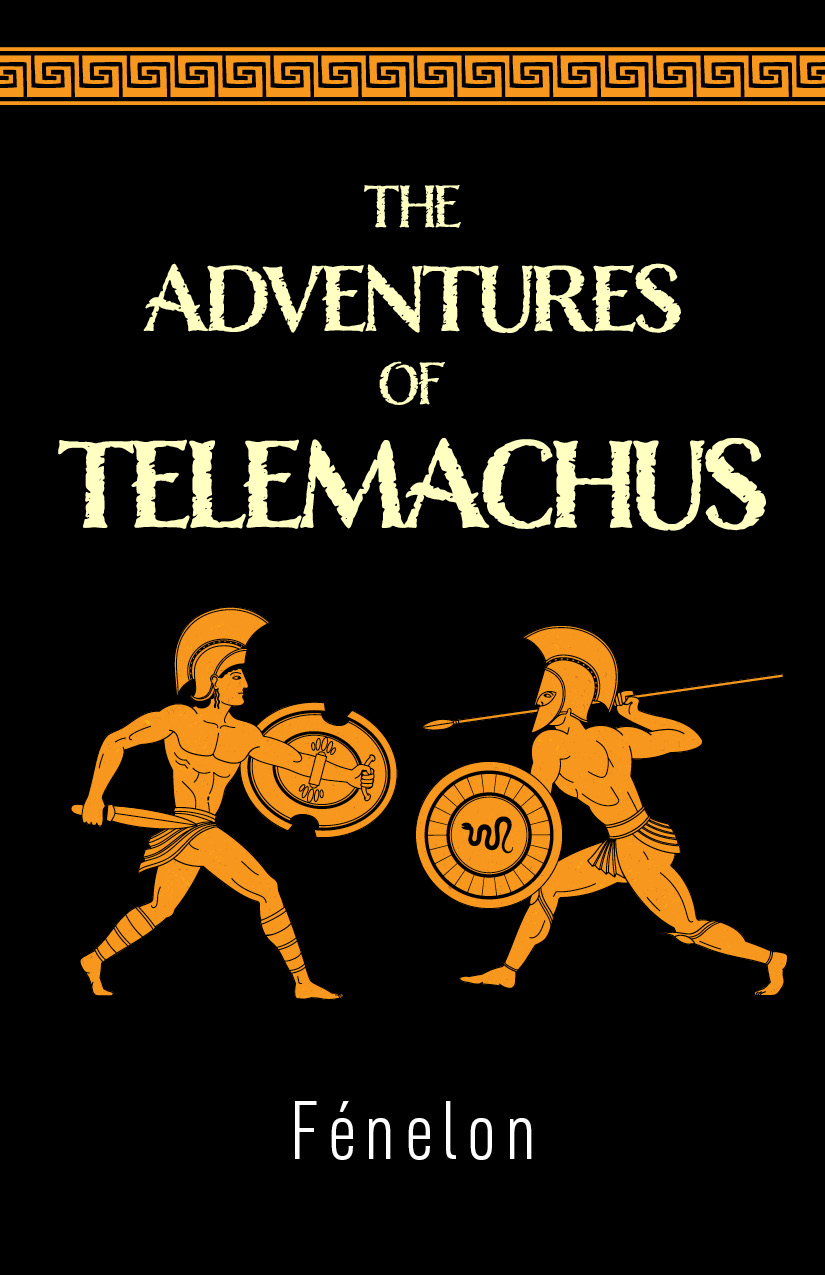
About
The Adventures of Telemachus
The Adventures of Telemachus, composed by François Fénelon in the late seventeenth century, is a pioneering epic prose poem written for a young French prince, the grandson of Louis XIV. Drawing from Greek mythology, it follows Telemachus, son of Odysseus, on a coming-of age quest to find his father. Guided by the goddess Athena, disguised as his father’s friend, Mentor, Telemachus navigates perils and intrigues, encounters heroes and villains, experiences love and betrayal, and learns lessons in wisdom, leadership and governance. The work reflects the era’s shift toward French classicism, emphasizing order, clarity, and the ideals of the honnête homme—a cultivated individual of merit rather than noble birth. It is considered the first prose poem, a young adult novel, and a roman à clef, subtly portraying contemporary figures and events. Fénelon’s tale, rooted in his earlier Fables and Dialogues of the Dead, blends entertainment with moral and political instruction for a future king.
Key Themes and Significance
- Mentorship: The character of Mentor – Athena in disguise – establishes the archetype of the wise guide, shaping Telemachus’ growth.
- Leadership and Virtue: The narrative instills lessons on just governance, fostering peace, and prioritizing the pursuit of the happiness of the people.
- Classicism and Modernity: Reflecting the cultural shift from baroque excess to classical restraint, it aligns with the 17th-century emphasis on clarity and sobriety in the arts.
- Social Commentary: As an alleged roman à clef, it is said to critique the court of Versailles and the evolving notion of nobility based on merit.
- Literary Innovation: It pioneers the prose poem and young adult fiction, blending the allure of ancient Greek mythology with contemporary and timeless relevance.
